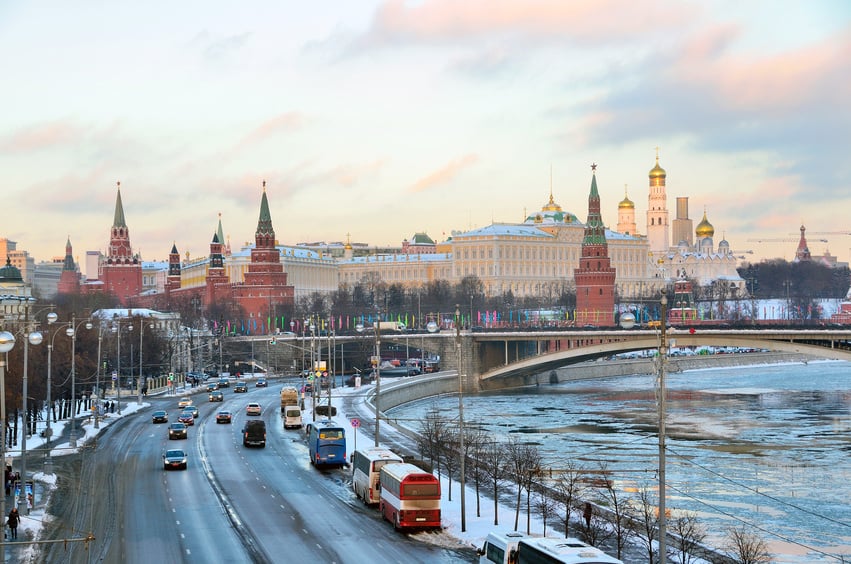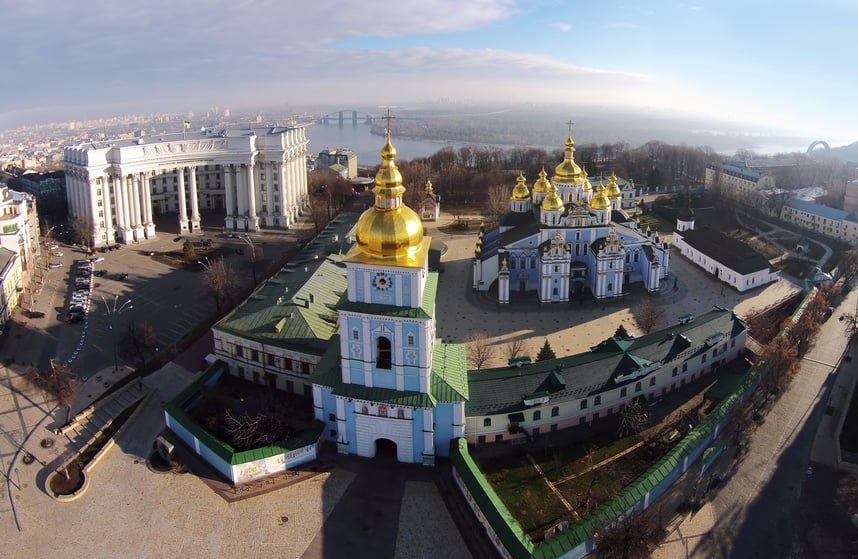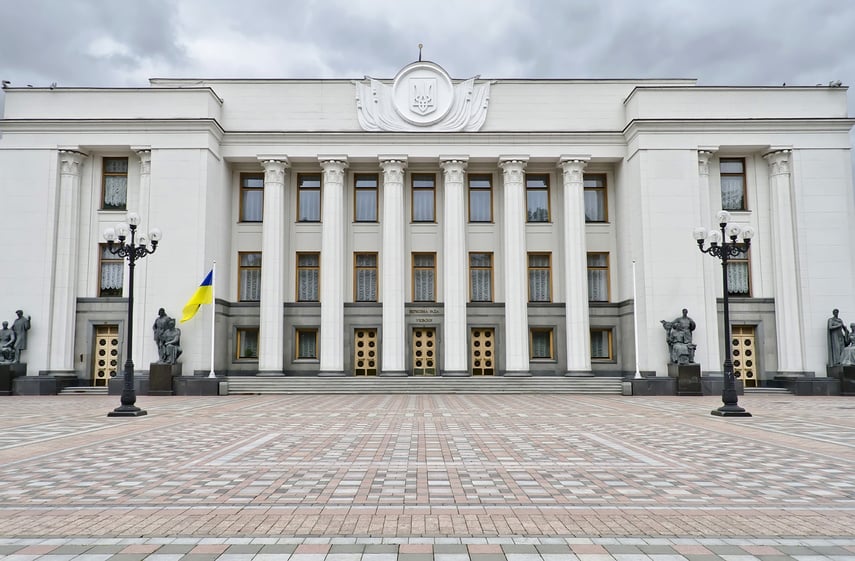On September 30, 2022, Canada announced additional amendments to its sanctions measures with respect to Russia and Ukraine. These announcements came in response to Russia’s latest annexation of four Ukrainian territories.
Russia
The amendments to the Special Economic Measures (Russia) Regulations (“Russia Regulations”) came into force on September 29, 2022 and designate forty-three individuals under Schedule 1, among which include certain Russian oligarchs, financial elites and family members of previously-listed oligarchs.
Ukraine
Effective September 29, 2022, an additional thirty-five individuals and one so-called government body in Kherson have been designated under the Schedule the Special Economic Measures (Ukraine) Regulations (“Ukraine Regulations”). The individuals include so-called senior officials in the Russian-occupied territories of Donetsk, Luhansk, Kherson and Zaporizhzhia, who are believed to be complicit in Russia’s actions.
The Ukraine Regulations were also amended to define a new term, “occupied region”, to mean, “(a) the so-called Donetsk People’s Republic and the territory it controls in the Donetsk oblast of Ukraine; (b) the so-called Luhansk People’s Republic and the territory it controls in the Luhansk oblast of Ukraine; (c) the area of the Kherson oblast of Ukraine that is illegally occupied by the Russian Federation; and (d) the area of the Zaporizhzhia oblast of Ukraine that is illegally occupied by the Russian Federation.”
Consequently, section 4.2 of the Ukraine Regulations, which had prescribed prohibitions targeting the so-called Donetsk People’s Republicand Luhansk People’s Republic has been replaced with a new section 4.2 that expands those prohibitions to the “occupied region”. Similar to the prior version, the revised section 4.2 indicates that no person in Canada or Canadian outside Canada shall:
(a) make an investment that involves a dealing in any property located in an occupied region that is owned — or that is held or controlled, directly or indirectly — by a person in an occupied region;
(b) provide or acquire financial or other related services with respect to an investment referred to in paragraph (a);
(c) import, purchase or acquire goods, wherever situated, from a person in an occupied region;
(d) export goods destined for an occupied region or sell, supply or transfer goods, wherever situated, to any person in an occupied region;
(e) provide technical assistance to a person in an occupied region;
(f) provide financial or other services related to tourism to, or acquire such services from, a person in an occupied region; or (g) dock a cruise ship in an occupied region that is registered or licensed, or for which an identification number has been issued, under any Act of Parliament.
Furthermore, section 4.2 will not apply in respect of the following until 30 days after the amendments come into force (i.e., 30 days after September 29, 2022) (the “In Force Date”):
(a) an investment made under a contract entered into before the In Force Date;
(b) a service provided or acquired under a contract entered into before the In Force Date;
(c) a good imported, purchased, acquired, exported, sold, supplied or transferred under a contract entered into before the In Force Date; or (d) technical assistance provided under a contract entered into before the In Force Date.
(d) technical assistance provided under a contract entered into before the In Force Date.
Implications of Designation as a Designated Person
Designation as a designated person under either Schedule 1 of the Russia Regulations or under the Schedule to the Ukraine Regulations (collectively, the “Schedules”) imposes an asset freeze and dealings prohibition, subject to limited exceptions, which prohibits any person in Canada or any Canadian outside Canada to:
- deal in any property, wherever situated, that is owned, held or controlled by or on behalf of a designated person or entity whose name is listed in the Schedules;
- enter into or facilitate, directly or indirectly, any transactions related to such a dealing;
- provide any financial or other related services in respect of such a dealing;
- make any goods, wherever situated, available to a designated person listed in the Schedules or to a person acting on their behalf; or
- provide any financial or related service to, or for the benefit of, a designated person listed in the Schedules.
Due to ongoing developments in the region, Canada may announce and implement further measures in alignment with its allies.
An unofficial copy of the legislative amendments to the Special Economic Measures (Russia) Regulations that came into effect on September 29, 2022 are available on Global Affairs’ website at here.
An unofficial copy of the legislative amendments to the Special Economic Measures (Ukraine) Regulations that came into effect on September 29, 2022 are available on Global Affairs’ website at here and here.






